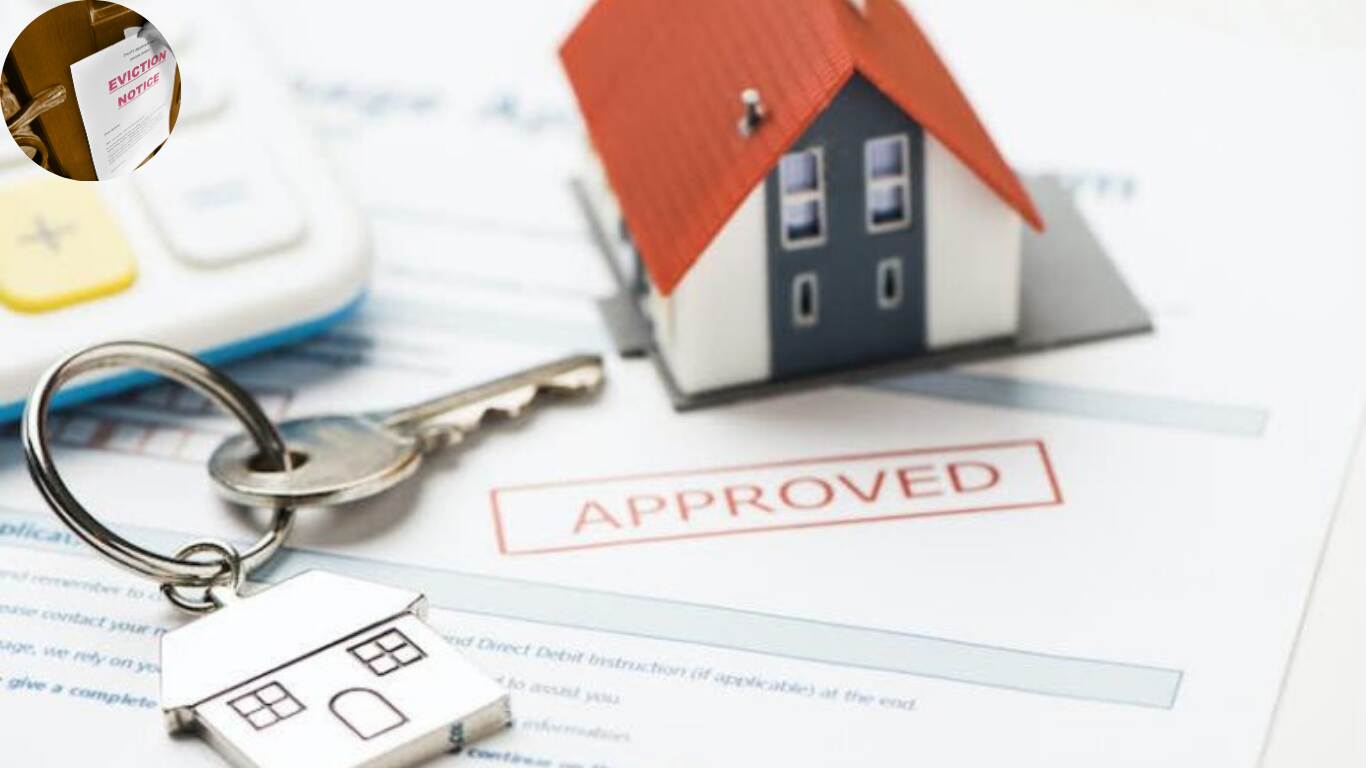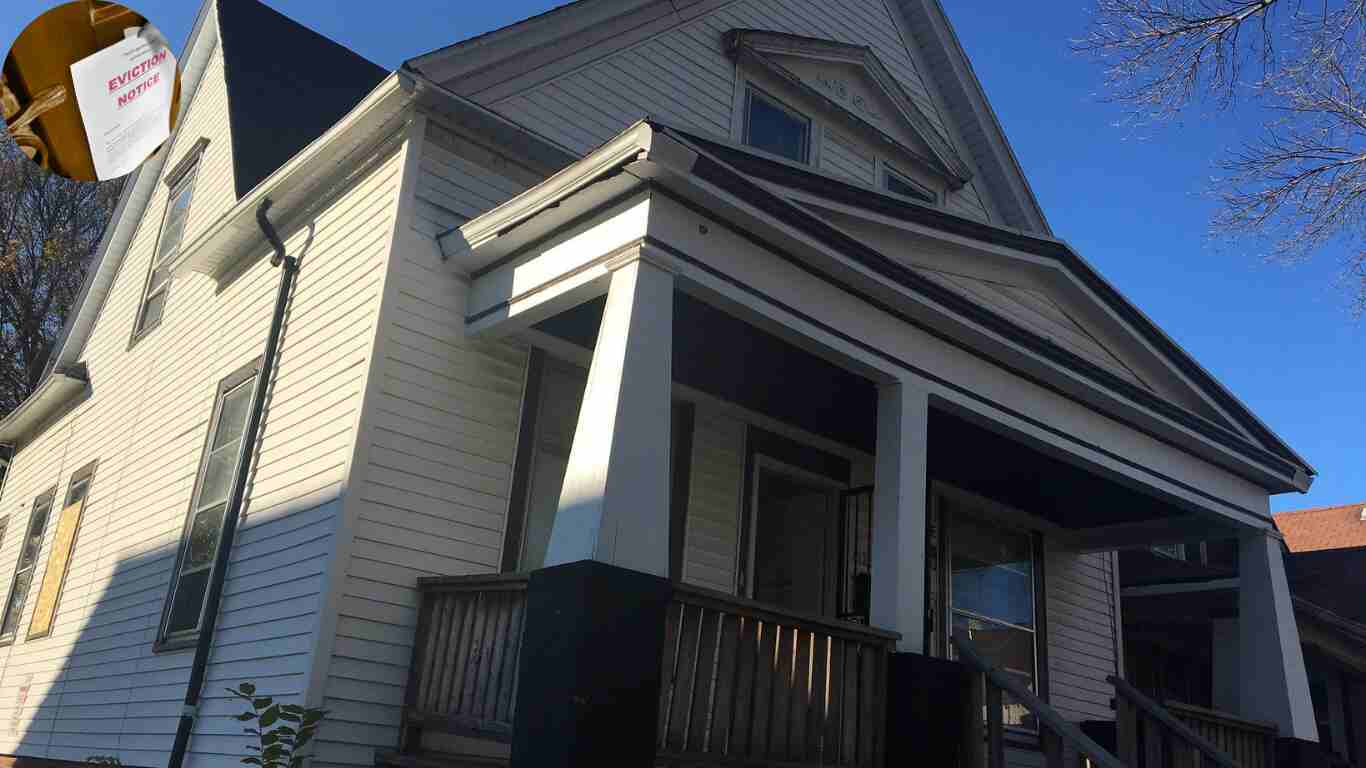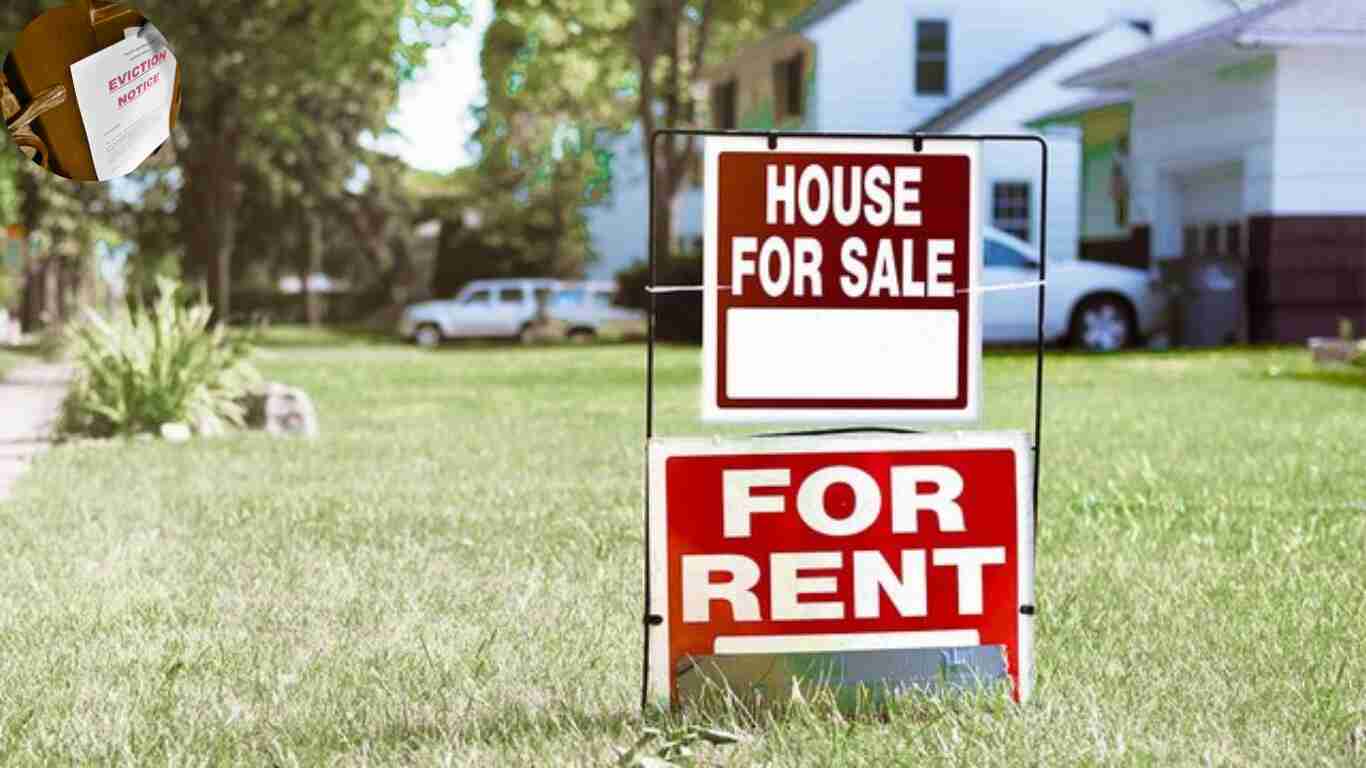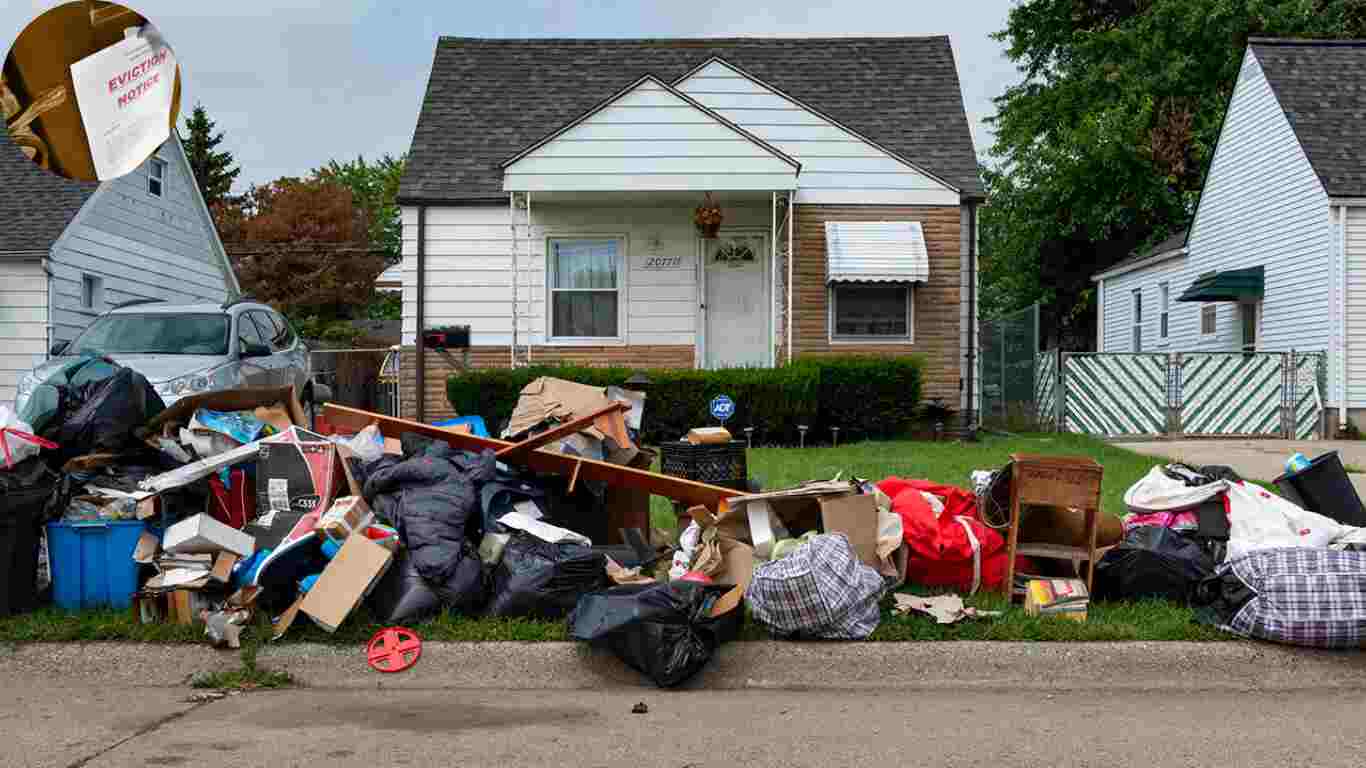Evictions can feel like a devastating blow, both emotionally and financially. If you’ve been through one, you probably wonder, “Does an eviction affect buying a house?” The short answer is yes, an eviction can impact your ability to buy a house, but it doesn’t mean homeownership is entirely off the table.
| Factor | Impact on Home Purchase |
|---|---|
| Credit Score Impact | – Indirect damage via unpaid rent collections or judgments – Collections accounts lower scores, affecting loan eligibility – Rebuilding credit possible over time |
| Lender Scrutiny | – Higher-risk perception even without direct credit reporting – Possible requests for eviction explanations/debt proof – Rental history checks may reveal past evictions |
| Loan Terms | – Higher interest rates common – 10-20% down payments often required – Shorter loan terms (15-20 years vs 30) – Additional fees possible |
| Public Records | – Court judgments from evictions visible in background checks – No longer on credit reports but accessible to lenders |
| Special Programs | – FHA loans available with 580+ scores (10% down) – Non-QM loans for recent evictions – Portfolio lenders may offer flexible terms |
| Time Factor | – Recent evictions (1-2 years) face toughest scrutiny – Older evictions (3+ years) less impactful with credit rebuilding – Waiting periods vary by lender |
| Documentation | – Rent verification may be waived if living family-free – Explanation letters help justify circumstances – Debt repayment proof critical for collections |
Understanding Eviction: What It Means and How It Happens
Before discussing the impact of eviction on buying a house, it’s important to understand what eviction means and how it works.
What is an Eviction?
An eviction is a legal process where a landlord removes a tenant from a rental property. This typically happens when the tenant violates the lease agreement. Common reasons for eviction include:
- Non-payment of rent: The most frequent cause of evictions.
- Lease violations: These include unauthorized pets, subleasing without permission, or damaging the property.
- Illegal activities: Engaging in criminal behavior on the property.
The Legal Process of Eviction
Evictions don’t happen overnight. They follow a structured legal process:
- Notice to Vacate: The landlord provides written notice detailing the lease violation and requesting the tenant to leave or resolve the issue.
- Filing a Case: If the tenant doesn’t comply, the landlord files an eviction lawsuit.
- Court Judgment: A judge reviews the case and decides whether the eviction is valid.
- Removal: If the tenant doesn’t leave voluntarily after a judgment, law enforcement may physically remove them.
Eviction Records vs. Credit Reports
It’s crucial to note that evictions don’t appear directly on your credit report. Instead, they may appear in public records, which lenders can access. However, unpaid rent or court judgments associated with the eviction can show up on your credit report, affecting your credit score.
How Does an Eviction Affect Your Credit and Financial Profile?
Evictions directly and indirectly affect your financial standing, making it harder to qualify for loans, including mortgages.
You may also read(transit mars in 12th house)
Direct Impacts on Credit
While the eviction itself doesn’t appear on your credit report, the financial issues surrounding it often do:
- Unpaid Rent: If you owe rent, your landlord may send the debt to a collections agency, which reports it to credit bureaus.
- Court Judgments: If the landlord sues you and wins, the judgment may appear on your credit report.
Indirect Financial Consequences
Evictions can trigger a domino effect on your financial life:
- Late Payments: Struggling to pay rent often leads to falling behind on other bills, negatively impacting your credit score.
- Increased Debt: Moving out suddenly can lead to unexpected expenses like security deposits, moving costs, or even temporary housing.
How Long Does an Eviction-Related Mark Stay on Your Record?
- Credit Report: Collections or judgments typically stay on your credit report for seven years unless resolved.
- Public Records: Evictions can remain in public records for 7-10 years, depending on state laws.
Does an Eviction Affect Buying a House?
Now, let’s answer the big question: How does an eviction impact your ability to buy a house?
How Lenders Assess Risk
Lenders evaluate your financial history to determine whether you’re a reliable borrower. They look at:
- Credit History: A low credit score due to eviction-related issues can raise red flags.
- Public Records: Lenders may check public records for eviction judgments.
- Debt-to-Income Ratio (DTI): High debts from past evictions can hinder your chances of approval.
Impact on Different Loan Types
Conventional Loans: These loans usually require a higher credit score (typically 620 or above). An eviction-related drop in your credit score can make qualification harder.
FHA Loans: Federal Housing Administration loans are more forgiving, requiring a minimum score of 500-580. However, unresolved eviction-related debts may still hurt your chances.
VA/USDA Loans: Special loans for military personnel or rural properties may have strict credit and financial requirements.
Additional Challenges
If you’ve had an eviction, you might face extra hurdles, including:
- Higher Down Payments: Lenders may request a larger upfront payment to offset risk.
- Higher Interest Rates: Poor credit can lead to higher mortgage rates.
- Stricter Loan Terms: You may face less favorable terms, like shorter repayment periods.
Eviction and Mortgage Applications: What Lenders See
Lenders can uncover eviction-related information in various ways during the mortgage application process.
Background Checks vs. Credit Checks
- Credit Checks: Lenders focus on your credit score, debts, and payment history.
- Background Checks: Some lenders check public records for judgments, including eviction lawsuits.
Recent vs. Older Evictions
The older the eviction, the less weight it may carry. A recent eviction could signal financial instability, while an eviction from several years ago might be less relevant, especially if you’ve rebuilt your credit.
Rental History’s Role
Lenders may review your rental history to assess your reliability as a tenant. A positive rental history following an eviction can help offset concerns.
Can You Buy a House After an Eviction?
The good news is that you can buy a house after an eviction, but it requires effort and patience.
Factors That Influence Your Chances
- Time Since the Eviction: The longer it’s been, the less impact it has.
- Debt Resolution: Paying off any judgments or outstanding rent improves your financial profile.
- Credit Score Improvement: A higher credit score demonstrates financial responsibility.
Scenarios to Consider
- Non-payment evictions are harder to overcome unless you’ve resolved the debt.
- Lease Violations: Evictions for reasons other than non-payment may carry less weight, especially if you’ve maintained good credit otherwise.
Steps to Take After an Eviction to Improve Your Chances of Buying a House
If you’re serious about becoming a homeowner after an eviction, follow these steps:
- Check Your Credit and Rental History: Request your credit report and review public records for eviction-related entries.
- Pay Off Outstanding Debts: Resolve unpaid rent or judgments to improve your creditworthiness.
- Rebuild Your Credit:
- Make all payments on time.
- Reduce credit card balances.
- Consider secured credit cards or credit-builder loans.
- Establish Positive Rental History: Rent from a reputable landlord and maintain good standing.
- Save for a Larger Down Payment: A bigger down payment can make lenders more likely to approve your mortgage.
How Long Should You Wait to Buy a House After an Eviction?
The waiting period depends on the severity of the eviction and your financial recovery:
- Typical Waiting Period: Most lenders prefer at least 2-3 years after an eviction.
- When You’re Ready: Aim for a credit score 620+, a DTI below 43%, and stable income.
Can You Remove an Eviction from Your Record?
It might be possible to clear or minimize eviction-related marks on your record:
ActionResult
Pay Off Debts Resolving debts may remove collections from your credit report.
Seal/Expunge Records In some states, you can petition the court to seal eviction records.
Wait It Out Negative marks usually disappear from credit reports after 7 years.
Special Circumstances and Alternative Paths to Homeownership
For those struggling to qualify for a traditional mortgage, consider:
- Co-signer or Co-Borrower: A financially stable partner can boost your application.
- Second Chance Mortgages: Some lenders specialize in working with credit-challenged buyers.
- Lease-to-Own Options: Rent the home with the option to buy later.
Frequently Asked Questions (FAQ)
Can I get pre-approved for a mortgage after an eviction?
Yes, but you’ll need to demonstrate financial improvement.
Does a paid eviction still affect my ability to buy a house?
Paying off debts helps but doesn’t immediately erase the eviction from public records.
Conclusion
So, does an eviction affect buying a house? Yes, but it’s not a permanent obstacle. You can rebuild your financial profile and achieve homeownership with time, effort, and strategies.
Take the first step by consulting a mortgage advisor or financial counselor today!
You may also read(does the bank hold the deed to my house)
